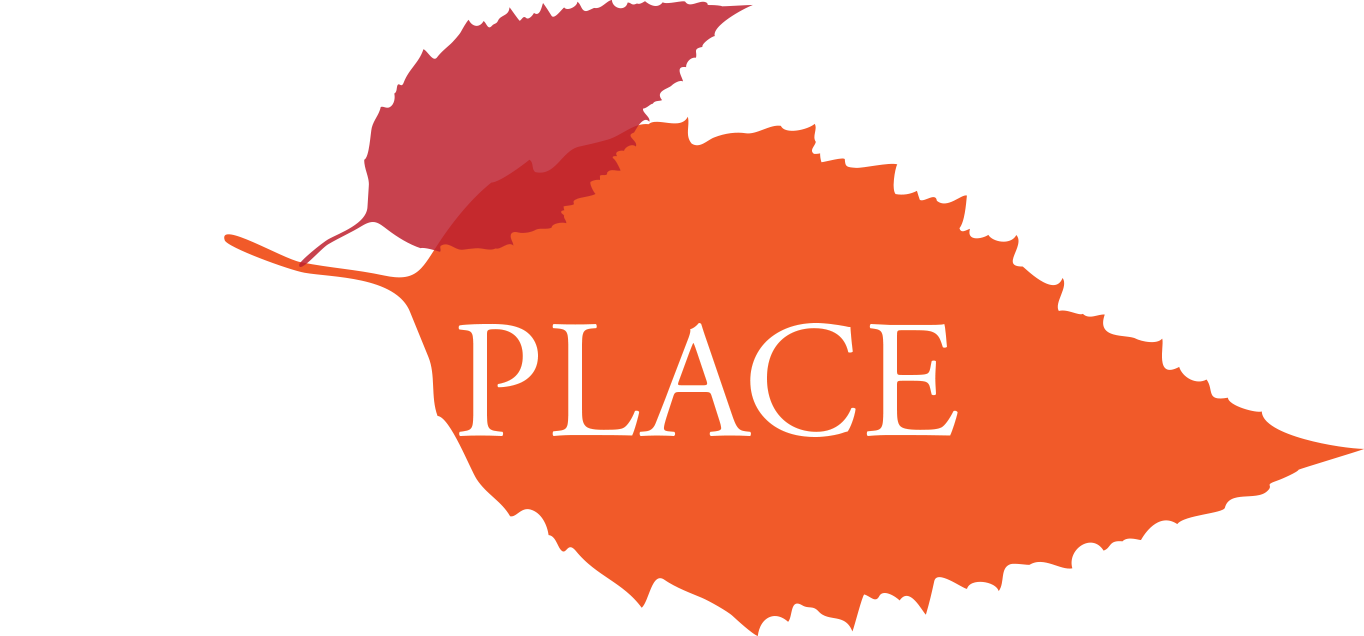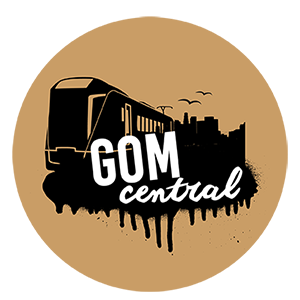A few steps towards getting paid work
First things first, let’s start to think about the places, industries or organisations that you can see yourself working in. Consider your interests, your lifestyle. Do you have any jobs that you would just love to work in, in the future? Having a longer-term goal to give you purpose and direction.
You always need to start somewhere! If you can, it is a great idea to choose a job which is a stepping stone to a fulfilling role in the long-term. If you chop and change, however, don’t worry too much. Employers may appreciate people with skills and insights from different work settings.
Plan out some goals
Consider your time
How many hours would like to allocate to working each week? What commitments do you need to hold up to outside of work? Do you have any study or care-taking roles? How will work hours affect these duties?
Consider the amount of money you would like to be making per week.
How much money will you need to pay bills, utilities and your personal expenses?
Keep these in mind when going through the job application processes. Be realistic and kind to yourself.
Do some research
- Write a list of all of the places you would like to work, including their phone numbers and address
- Call up about availability and see who is hiring, ask for tips on how to secure a position there
- Look in the local paper and community notice boards
- Remember to look online! Many businesses post on their social media when they are hiring, some will have ‘vacancies’, ‘careers’ or ‘work with us’ pages on their website, and there are apps like Seek which just advertise jobs.
Consider the seasons. Beginning of winter and Pre-Christmas often have higher work availability in some industries, like retail.
Often people acquire their jobs through the people they know. Let your friends know you are looking for work. This may help speed up the process or get you some leads on jobs not yet advertised.
Write up a resumè
A resume, or CV, is a document that covers all of the important traits about yourself that will be needed and appreciated in the job you are applying for.
It should include an overview of your education, any qualifications you have acquired, skills that are relevant, plus any jobs you have already worked in.
It should also include two, ideally three references. References are usually managers, colleagues, teachers, instructors or coaches. Family friends are okay too, but try to keep it professional. Make sure you ask all your references before putting them on your resume!
Try to tailor your resume to the job you are applying for – you can also do this with a cover letter (more on that next).
You can head over to these sites if you need some support with resume writing:
Write up a cover letter:
This is a personalised touch, which is important and often expected by perspective employers. A cover letter should be tailored to the position you are applying for and cover any requirements the job ad lists.
Try to answer these questions within the letter:
- Why do I want to work here?
- Why should they hire me?
Cover letters do not need to be long. Try to keep them to a single page.
You can find some helpful cover-letter writing tips here.
Also, it’s always a good idea to have a friend, colleague or teacher look over your resume and cover letter and give you feedback. Proof all your work for spelling and grammar, as that will reflect well on your application.
Google yourself
It is always worth googling yourself to see what comes up, because a lot of employers will do this before calling you back. You might be surprised about what any member of the public can see, and you may want to change your social media to ‘private’ afterwards!
If you’re applying for a professional job, it could also be worth making a LinkedIn profile. That way, your employer sees that first, rather than the photo of you at schoolies.
Head in-store or online
Some jobs will want you to apply online, through a website, or in an email. Pop in a message or email explaining that you’re applying, and attach your resume and cover letter.
If you’re applying in person, just walk into the workplace with your resumè on-hand, ask to speak to the manager and chat with them about why it is you would like to work there. Give a copy of your resume for them to look over.When applying at shops, bars and restaurants, pick a good time. Don’t come in the middle of rush hour, or when the manager is away. Call first and check when a good time will be if you’re unsure.
In a week or so time
Call back in to the places you applied. Ask if your resume is being considered. Sometimes workplaces are really busy, or sometimes resumès are misplaced. Through calling in you are also leaving the impression that you are motivated, and highly interested.
Interviews
Next, you may receive an email, message or call asking for you to come in for an interview. This part of the process may be a little anxiety-inducing. It’s okay though!
There are plenty of YouTube videos online that have you covered. Just look up the area of work you have applied for, and potential questions will be outlined and answered online.
Research the position you have applied for as well as the organisation. Employers often ask questions that show how much you know about the organisation and why you would be a good fit for the role.
Practice a mock interview in front of the mirror or with a friend.
Showing up for your interview
Be prepared, bring your resume and cover letter for your interviewer.
Dress neatly. This doesn’t mean you have to spend lots of money on a new outfit. Just practise thorough personal hygiene, wear clean clothes, and a nice genuine smile. This should do fine.
Your employer will appreciate honesty, so just be open about your abilities and your experience.
Express your self-worth, reliability, ability to adapt and learn. Be aware of your limitations and your positive attributes
Do ask questions! This presents your curiosity about the job. Ask about what a day in the job will look like. Ask about the expectations of yourself in the applied position. Listen and show interest.
Leave your good impression on a nice note, wish them a nice day and thank them for the opportunity to interview.
Follow up emails and messages:
Following the interview, expect a message or call within the next couple of weeks. Either an induction to your new job or a polite decline.
If you have been declined, that’s okay. Use these steps as a learning experience. Speak with your support system about your experience. Ask for feedback on what to improve on from the interviewer.
If you have received a new job offer, do not hesitate to respond! Reply back quickly and graciously. Go on to follow their instructions for the next steps. Make the most of it!
A last note
Working is a great incentive for meeting savings goals.
It is an important step towards being able to afford essentials, and luxuries, that are often a struggle on government payments.
Having more money equates to more financial freedom and freedom of choice. The freedom to say yes. Yes, to the new camera you need for learning to become a better photographer. Yes, to guilt-free coffee at a cafe with your pals. Yes, to getting a pet lizard. Yes, to learning how to drive. Yes, to saving for that new car. Yes, to financial well-being. Having the ability to buy what you need, and want what you have. While gaining and maintaining employment takes work and commitment, it is important for your self-growth and independence.






